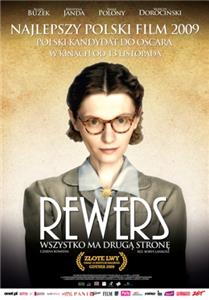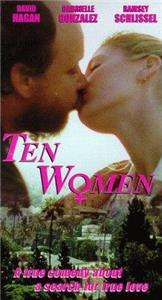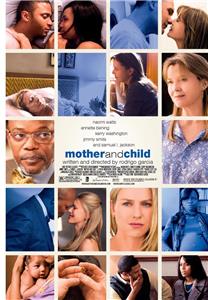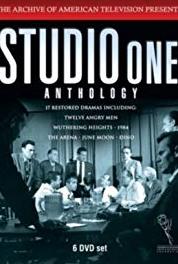Rewers (2009) Online

A story about women, set in the present and in 1950s Warsaw. The main character is Sabina, a quiet, shy woman who has just turned thirty. Clearly, she lacks a man in her life. Her mother knows all about it and tries at all costs to find her daughter a good candidate for a husband. The whole situation is controlled by the grandmother, an eccentric lady with a sharp tongue from whom no secret can be concealed. Successive admirers arrive at the pre-war tenement where the women live, but Sabina is interested in none of them. One day, appearing out of nowhere, comes the charming, intelligent, and terribly good-looking Bronislaw. His presence will spark off a series of unexpected events revealing the darker side of the women's nature.
| Cast overview, first billed only: | |||
| Agata Buzek | - | Sabina Jankowska | |
| Krystyna Janda | - | Irena Jankowska - Sabina's mother | |
| Anna Polony | - | Sabina's grandmother | |
| Marcin Dorocinski | - | Bronislaw Falski | |
| Adam Woronowicz | - | Mr. Józef | |
| Bronislaw Wroclawski | - | Barski - publishing house manager | |
| Lukasz Konopka | - | Arkadiusz 'Arkadek' Jankowski - Sabina's brother | |
| Blazej Wójcik | - | Poet Marcel Wodzicki | |
| Jerzy Bonczak | - | Dostojnik Zygmunt | |
| Jacek Poniedzialek | - | Dostojnik | |
| Joachim Lamza | - | General Wiktor | |
| Olena Leonenko | - | General Wiktor's wife | |
| Marek Probosz | - | Jason | |
| Klara Bielawka | - | Friend form Redaction | |
| Agata Zalecka | - | Friend form Redaction |
Poland's official submission to 82nd Academy Award's Foreign Language in 2010.








User reviews